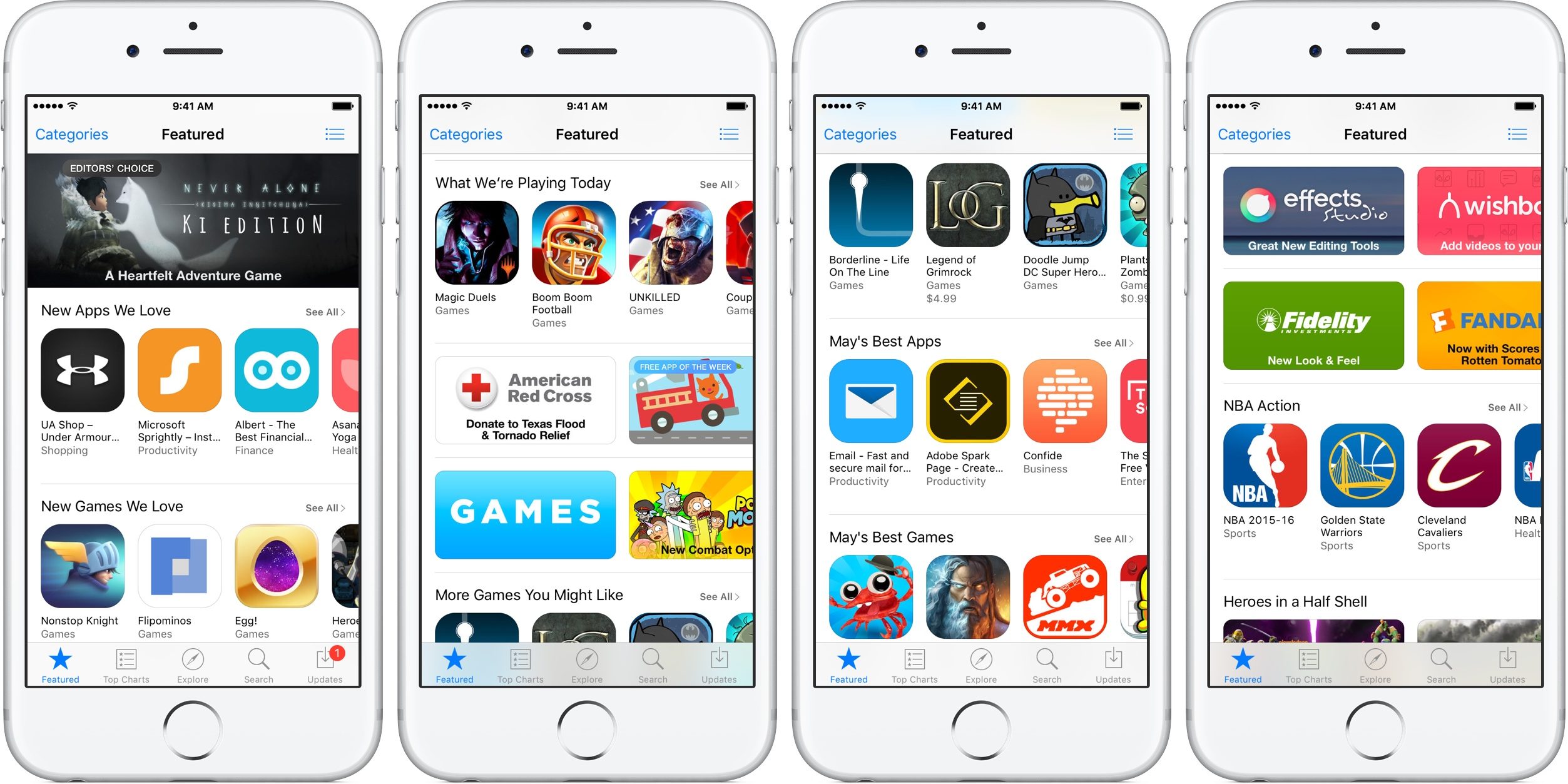Info@wiperts.com
How to Vet Your Apps
Applications abound for just about everything, but do you know how to vet your apps? This is something every consumer should know and understand. Applications can cause many problems for your device and privacy if you do not carefully scrutinize them and get a good, clear understanding of user agreements and opting in. All applications downloaded to your phone require a certain amount of information. Some even request to link to your existing accounts such as Google and Facebook. This gives them access to your contacts list. Soon they start sending solicitation emails to everyone in your address book. If you’ve ever gotten emails from a company you never heard of asking you to join something because someone named in your address book joined, then you were in that person’s contacts. When we click “Yes, allow access to my address book (or Facebook friends, or LinkedIn contacts or Gmail contacts),” many people do not realize that we are giving permission for the company to use that personal information.
The only way to protect your privacy, and that of the people you communicate with, is to opt out of these requests. When the window pops-up asking for access, click “no.” There is really no reason for any application to have access to your address book. It is rude for them to even ask, really. When you think about it, it is no different than going to the grocery store and having them ask you to hand over your food shopping list. Just because you download, an app does not mean they have the right to your personal information. Another thing everyone should be doing is skimming over any apps user agreement. They are absurdly long and overly complicated, exactly because companies are trying to protect themselves from lawsuits. Lawsuits are often filed because of privacy concerns and breaches. It’s fairly rare for anyone to read the entire user agreement from anyone, simply because they are too long and written in legal language that may be hard to understand. Nevertheless, this is exactly why we should be reading them before clicking “yes” to anything.
The last thing you can do to vet your apps is to check out the reviews. There are almost always reviews right in both app stores, iPhone and Android, and though the stars might be high, take a minute to read the actual reviews. Also, go out of the app store and do a search of reviews for the application you want to download. This will give you a broader overview of what others might have experienced with the app. While we all know that, many reviews are paid for or written by friends and family of the app owners, or even by the owners themselves, those are fairly obvious. Skim the negative reviews and look for consistency in complaints. For example, if a lot of people are complaining of crashing, or battery drain, then there is likely an issue there. Wait until they do a fix for the issues or find an app that is similar to what you want that is not having issues.
It is an important issue when apps take, use and even sell your personal information. It can show up anywhere, including online at various websites. If you would rather that your private information is not easily accessed online, then you should take the above steps to avoid it. Additionally, if you are having problems with your personal information being sold or appearing online, you might want to contact a personal internet removal service who can remove your name from internet. They have the experience and expertise on how to remove your information from the internet.








